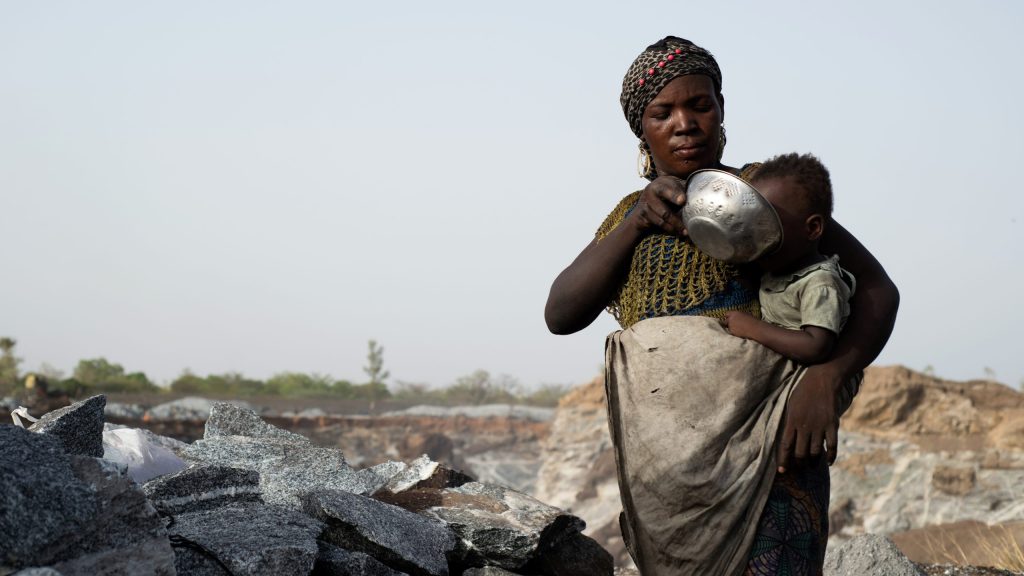A Catholic aid worker has warned of a humanitarian catastrophe in Burkina Faso, with over 2 million facing starvation in the face of Islamist attacks and poor harvests.
"People have been unable to cultivate their lands, so there've been no harvests, and this has all impacted on national production," said Father Constantin Sere, Caritas director in the landlocked African country.
"The weather and climate have also been poor, especially in the north. Given the fear continually incited by armed conflict, our country faces disaster."
The priest spoke from the capital, Ouagadougou, after launching an emergency aid appeal via the Vatican-based Caritas Internationalis.
In a July 8 interview with Catholic News Service, he said pledges of help had already come from Catholic charities in Germany, Japan and Switzerland.
However, he added that up to 1 million people had been displaced in one of the world's most rapidly evolving crises, with 2.2 million facing hunger during the coming wet season, a threefold increase since 2019.
"We need the Catholic Church and international community to come to our aid with shelter, food and employment," the priest said.
"But the real long-term solution lies in preventing civilians and our own religious communities from falling victim to this war. This means a combination of humanitarian assistance and action to ensure peace."
Father Sere told CNS the conflict in the country "has gained a religious dimension, since some combatant factions wish to propagate Islam and are obliging everyone to become Muslim when they enter villages."
"We urge international opinion to face up to what is happening here. Only by providing information and speaking up in our defense can we hope for any real measures at peace."
Catholics make up a fifth of the 19.75 million inhabitants of Burkina Faso, one the world's poorest countries, and have been targeted since 2016 by Islamist groups linked to al-Qaida and Islamic State in a wave of killings and expulsions.
In its July 6 appeal, Caritas said those displaced now also had limited access to water and lacked shelter to survive "storms, winds and floods" over the coming three to five months, adding that the world was widely believed to have "forgotten the crisis in the Sahel."
Security has rapidly deteriorated in largely arid Burkina Faso, with more than 4,000 people fleeing their homes daily, according to the U.N. High Commission for Refugees.
In an April 2 report the World Food Program said conditions had "spiraled out of control" during the COVID-19 pandemic, in a country that had no internally displaced inhabitants at the start of 2019.
Father Sere said the Catholic Church was awaiting investigations into the discovery of a mass grave near Djibo. The grave contained at least 180 bodies, which Human Rights Watch alleged were linked to extrajudicial executions by government forces.
"Despite everything, I don't think we've reached a level where hostility and confrontation can be incited between communities here -- most of the population would recoil from this," the Caritas director said.
"Despite everything, there's a will and determination to continue living together, and this is breeding some resilience."

